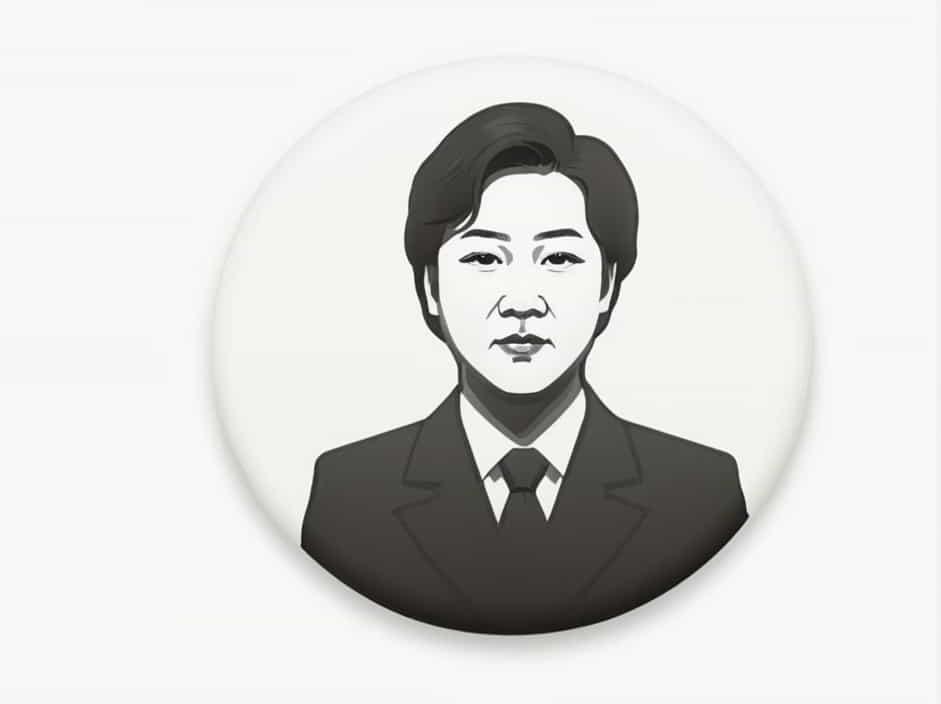Syngman Rhee, the first President of South Korea, was a controversial yet influential leader who played a key role in shaping the country’s early years. Known for his strong anti-communist stance and nationalist policies, his statements often reflected his political ideology and vision for South Korea.
To understand what President Rhee meant by a particular statement, we need to examine his historical context, political beliefs, and the specific situation in which he spoke. His words often carried deep meaning related to national sovereignty, democracy, and the fight against communism.
This topic will analyze the key themes in Rhee’s speeches and declarations, providing insight into their significance.
Syngman Rhee’s Political Ideology
Strong Anti-Communist Views
Rhee was a staunch opponent of communism, believing that it posed a major threat to South Korea’s independence and democratic development. His statements frequently emphasized the dangers of North Korea, the Soviet Union, and China, warning against their influence in the region.
During the Korean War (1950-1953), he often made bold statements about defeating North Korea, sometimes suggesting the need for full military reunification. If Rhee’s statement referenced communism, it likely meant he was reinforcing his belief that South Korea must resist communist expansion at all costs.
Commitment to National Sovereignty
Rhee strongly advocated for South Korea’s independence and territorial integrity. He was determined to establish South Korea as a fully sovereign nation, free from Japanese influence and communist control.
If his statement referred to sovereignty, he was likely expressing his belief that South Korea should stand strong against foreign intervention and remain independent in its political decisions.
Promotion of Democracy (But with Limits)
Rhee claimed to be a champion of democracy, often using democratic rhetoric in his speeches. However, in practice, his leadership became increasingly authoritarian.
He suppressed political opposition, controlled the press, and even manipulated elections to maintain power. If his statement referenced democracy, it may have been used to justify his actions, despite his growing autocratic rule.
Key Themes in President Rhee’s Statements
1. Reunification of Korea
One of Rhee’s most famous statements was:
"There is no substitute for unification."
This reflected his deep desire to reunite North and South Korea under a single government. He believed that the Korean Peninsula should not remain divided and often criticized the armistice agreement of 1953, which ended the Korean War but left Korea divided.
By saying there was no substitute for unification, Rhee meant that no diplomatic solution-other than complete reunification-was acceptable. This was controversial because it suggested he opposed peace talks that would keep North and South Korea separate.
2. Rejecting the 1953 Armistice
Rhee opposed the Korean War armistice, arguing that it allowed communism to survive in North Korea.
He famously stated:
"We will not accept a false peace."
This meant that he did not trust the ceasefire agreement and saw it as a temporary measure that failed to resolve the real conflict. He wanted the war to continue until North Korea was completely defeated and absorbed into South Korea.
3. Justifying His Authoritarian Rule
When accused of undemocratic practices, Rhee often justified his leadership by saying:
"A strong hand is necessary in difficult times."
This implied that his authoritarian measures were necessary for national stability. He argued that if South Korea was too weak or politically divided, communism could take over.
This statement was used to defend his crackdown on opposition parties, control over the media, and election manipulation.
4. Dependence on the United States
Rhee recognized the importance of American military and economic support. He once said:
"Without America, there is no South Korea."
This statement highlighted South Korea’s reliance on the U.S. for security and development. Rhee believed that only through a strong alliance with America could South Korea survive against communist threats from North Korea and China.
At the same time, he often criticized the U.S. for not being aggressive enough against communism. He pressured American leaders to support his push for military action rather than diplomacy.
Impact of Rhee’s Statements
1. Shaping South Korea’s Foreign Policy
Rhee’s anti-communist rhetoric shaped South Korea’s foreign relations with the U.S., China, and North Korea.
-
His refusal to accept the Korean War armistice created tensions with the U.S.
-
His push for military unification was controversial, as many feared it could lead to a wider war.
-
His strong alliance with America helped secure economic aid and military protection.
2. Justifying His Domestic Policies
Rhee’s statements also justified his authoritarian rule and suppression of opposition.
-
By emphasizing national security, he was able to silence political rivals.
-
His rhetoric on "false peace" helped maintain support for his hardline policies.
-
He used anti-communist fear to justify his controversial actions, including election fraud.
3. Leading to His Downfall
Despite his strong leadership, Rhee’s authoritarianism and election manipulation led to widespread protests. In 1960, mass demonstrations erupted after reports of electoral fraud, forcing him to resign.
His statement "A strong hand is necessary" ultimately failed to convince the people, who demanded democracy and fair governance.
President Syngman Rhee’s statements were deeply tied to his political beliefs and historical context. Whether discussing national sovereignty, anti-communism, democracy, or foreign relations, his words reflected his vision for South Korea.
While some saw him as a defender of Korean independence, others viewed him as an authoritarian leader who used strong rhetoric to justify undemocratic actions. His legacy remains complex, with his statements continuing to be debated by historians and political analysts today.
